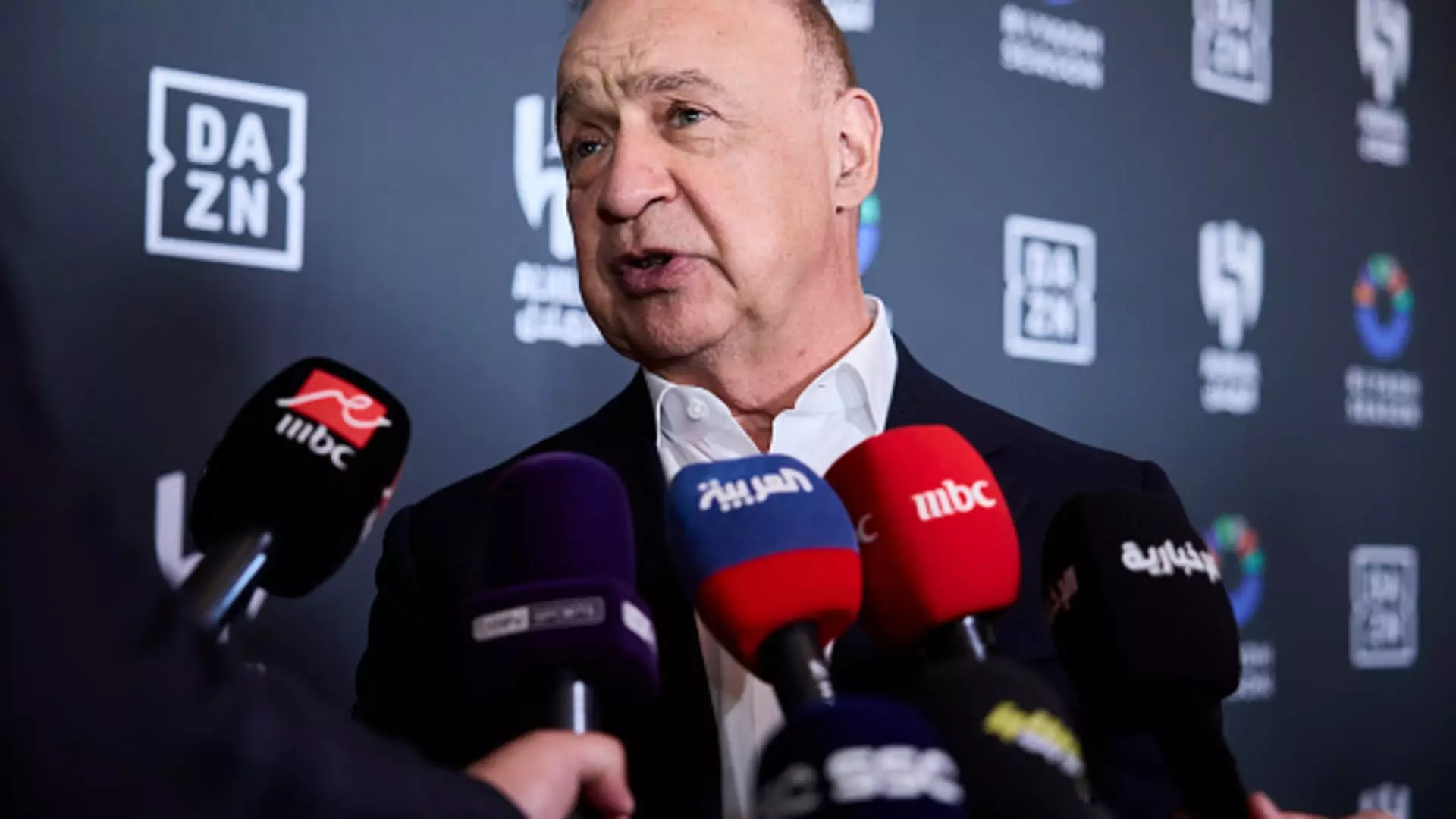As the tides of global trade shift dramatically under the weight of protectionist policies, high-net-worth individuals and family offices are facing a financially charged standoff. The recent report detailing a sharp decline in investments by these economic titans reveals an unsettling truth: uncertainty breeds caution. In March, a staggering 45% plunge in direct investments compared to the previous year signals not just wariness but profound concern about the viability of their portfolios. The new tariffs instituted by former President Donald Trump have become a pivotal point, sparking a reevaluation within wealth management strategies.
Investment firms, often portrayed as relentless risk-takers, seem to be caught in a defensive posture. This trend reveals a considerable mental toll on these investment behemoths—many affluent families are grappling with the ramifications of tariff-related regulations that could drastically impact the operating capabilities of their investment outlets. The sharp dip in investments isn’t merely a statistical blip; it represents a deeper psychological reaction to perceived market instability, a critical moment where the rich have paused for reflection rather than immediate action.
The Curious Case of Selective Investment
While the figures paint a picture of retreat, the actions of select investment entities reveal a contrast in approach. For instance, Euclidean Capital, the family office of the late Jim Simons, recently opted to step back into the arena with a major investment into a technological startup focused on drone surveillance for renewable energy infrastructure. This investment contrasts sharply with the overall trend, showcasing a rare moment of optimism grounded in innovation. The decision to allocate funds towards cutting-edge sectors reveals a nuanced perspective among some investors who recognize the long-term viability of industries that promise sustainability and efficiency, regardless of the looming tariff clouds.
Furthermore, the acquisition of Nord Anglia Education by Dubai Holding, though a substantial deal in its own right, underscores the complexity of this investment landscape. With a valuation of $14.5 billion and the participation of major institutional players, it illustrates that despite the overarching hesitance, certain sectors—especially those tied to education and global connectivity—remain appealing even in tumultuous times. This paradox illuminates the varying strategies at play: while some clan offices hunker down, others venture into lucrative opportunities that challenge the status quo.
The Trade War’s Detrimental Ripple Effect
The tariffs imposed under Trump’s regime have not only disrupted financial pathways within the United States but affected international investor sentiment too. As Vicki Odette, a partner at Haynes Boone, insightfully points out, the overarching uncertainty surrounding investment returns weighs heavily on the minds of those sitting on substantial assets. Family offices have traditionally operated in a more ponderous fashion, but the present climate prompts even greater hesitation. Investors are not merely speculating about the health of their investments; they are critically assessing the very fabric of the market and its capacity to generate returns.
Moreover, the anxiety spills over borders, impacting global investment dynamics. Wealthy families from the Middle East, accustomed to a degree of fluidity in transferring capital, now find themselves scrutinizing how U.S. policies might ripple through international markets. Their concerns synthesize into a broader narrative about the landscape of global trade as the rich watch the U.S. grapple with its positioning in a world economy increasingly defined by division and competition.
A Light in the Shadow: Emerging Opportunities
Yet amid this cautious environment, a strategic pivot is apparent. Family offices are displaying a nascent interest in private credit funds—short-term loan vehicles that promise quick returns relatively shielded from external volatility. This shift indicates a consciousness around financial agility, a penchant for securing liquidity even if it means stepping away from traditional long-term investments. The irony isn’t lost: as these affluent families pull back from bolder investments, a burgeoning appetite for safe, short-term lending vehicles emerges, reshaping what it means to invest in uncertainty.
This evolution in investment strategy reveals a fascinating paradox; when faced with adversity, the ultra-rich are not retreating entirely—they are recalibrating, tending to fertile ground while the storms outside their gates rage on. The landscape may indeed be unsettled, but the nimble-minded investors are positioned to adapt and even thrive amidst the chaos.


Leave a Reply